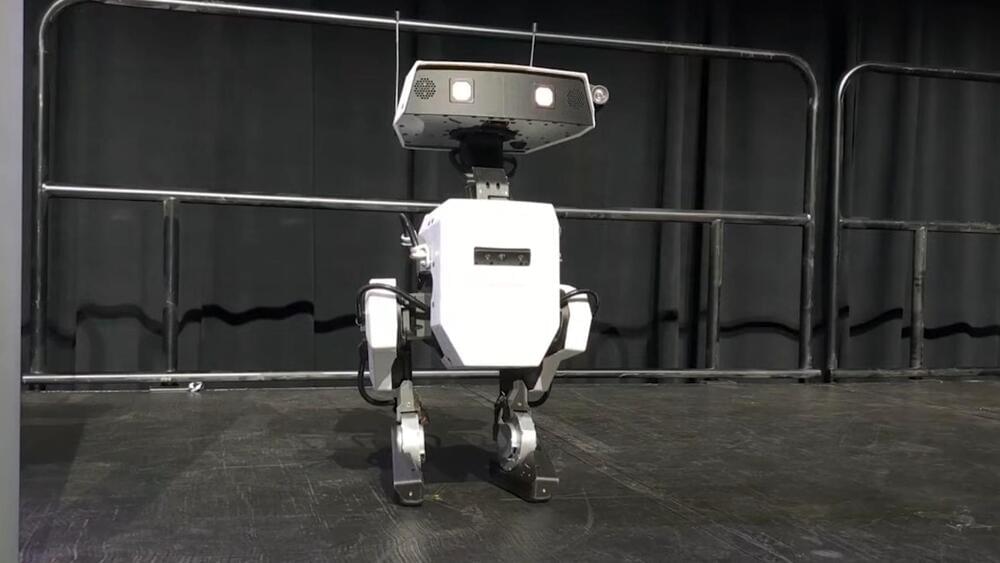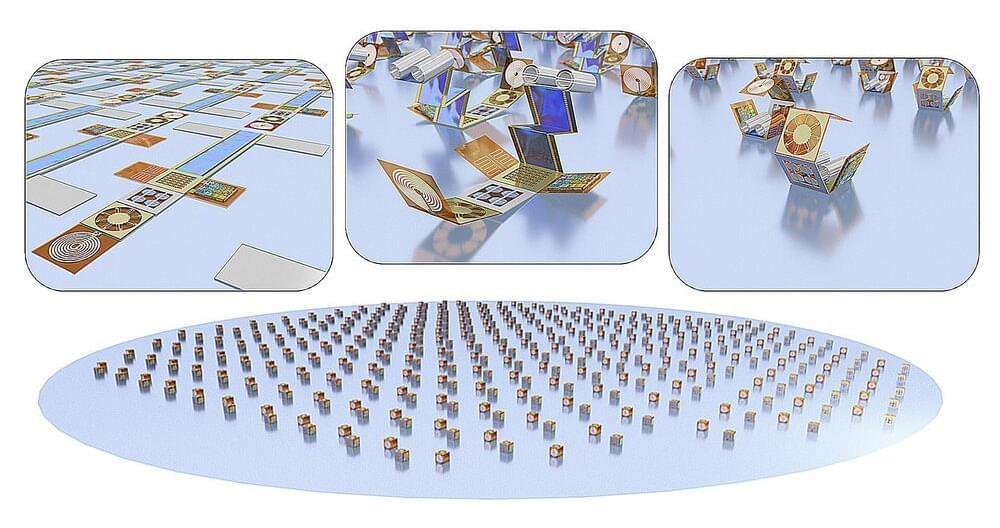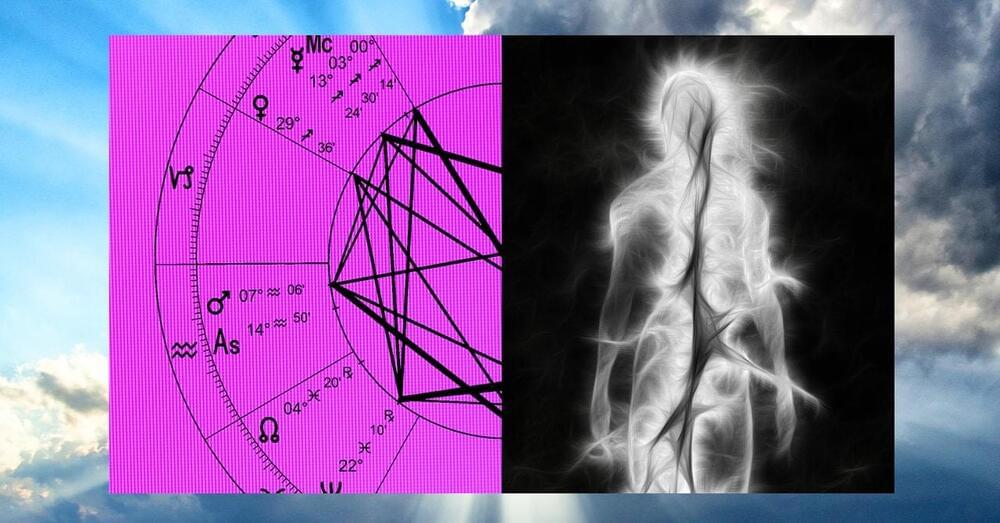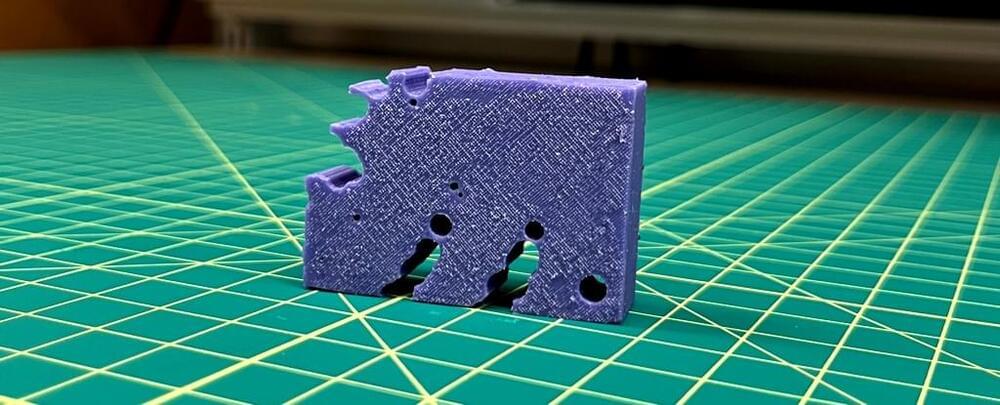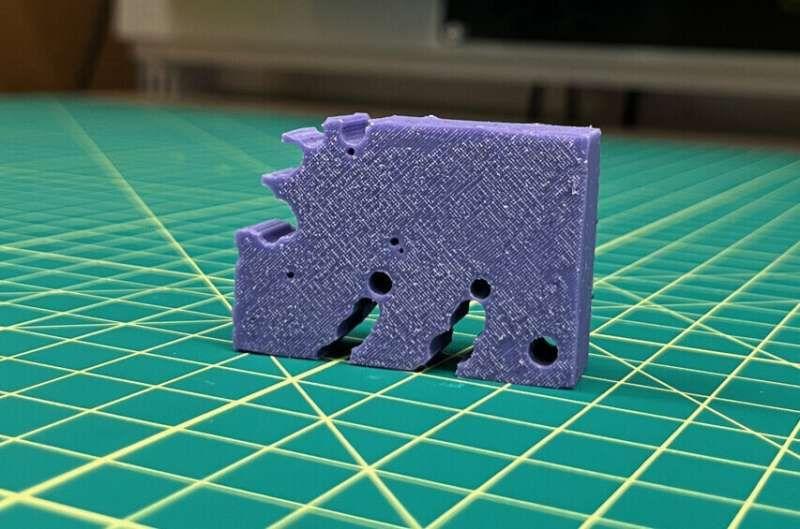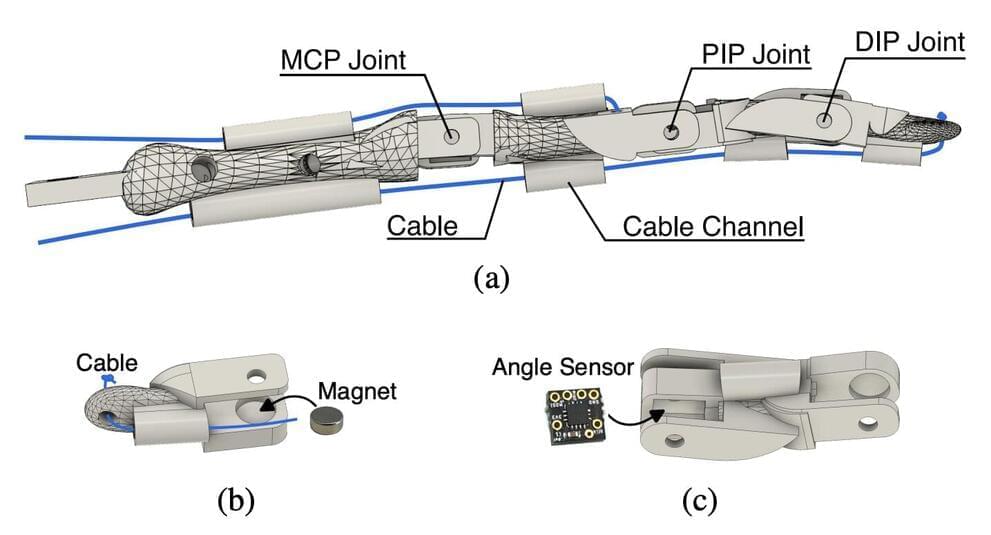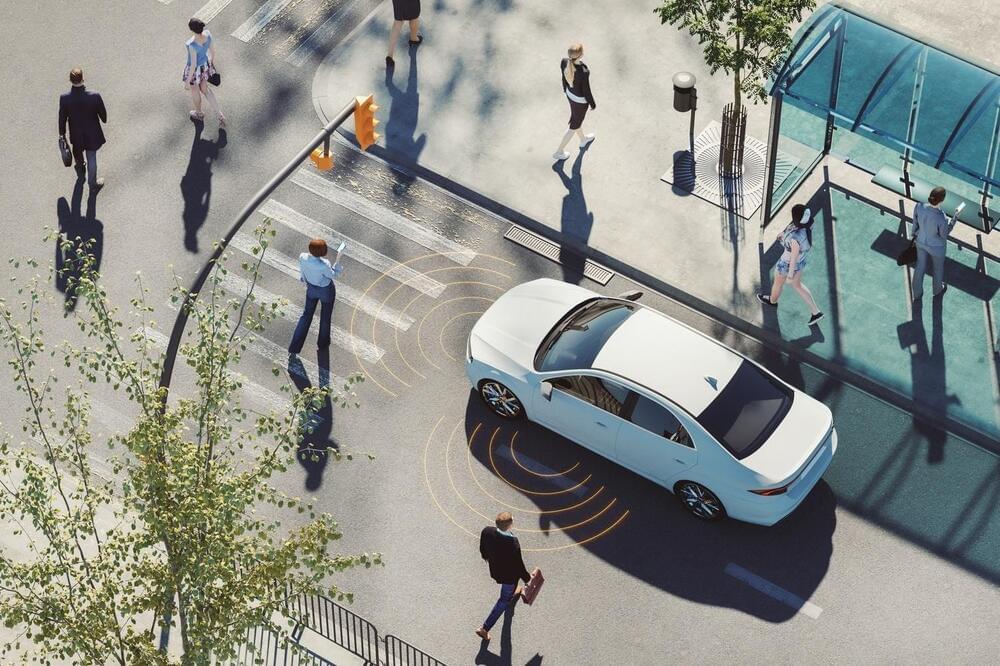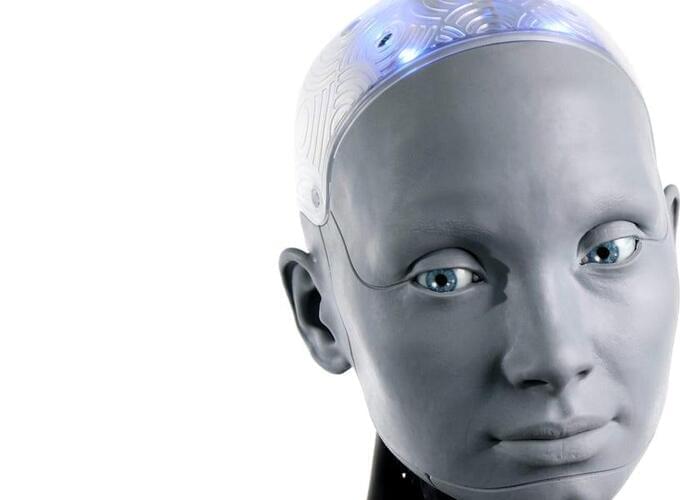Microsoft’s annual event will take place from November 14 to 17.
Microsoft has been developing a computer chip under a project codenamed ‘Athena’ for some time. Now, as per a recent report, it is believed that the company is ready to unveil the AI chip at its annual event ‘Ignite’ next month.
This is a significant development because it would mean that Microsoft would be able to reduce its reliance on GPUs produced by NVIDIA, the uncrowned king of the semiconductor industry, reported Interesting Engineering in April. Athena has been designed to power Microsoft’s data center servers that are used to train and run large language models.

